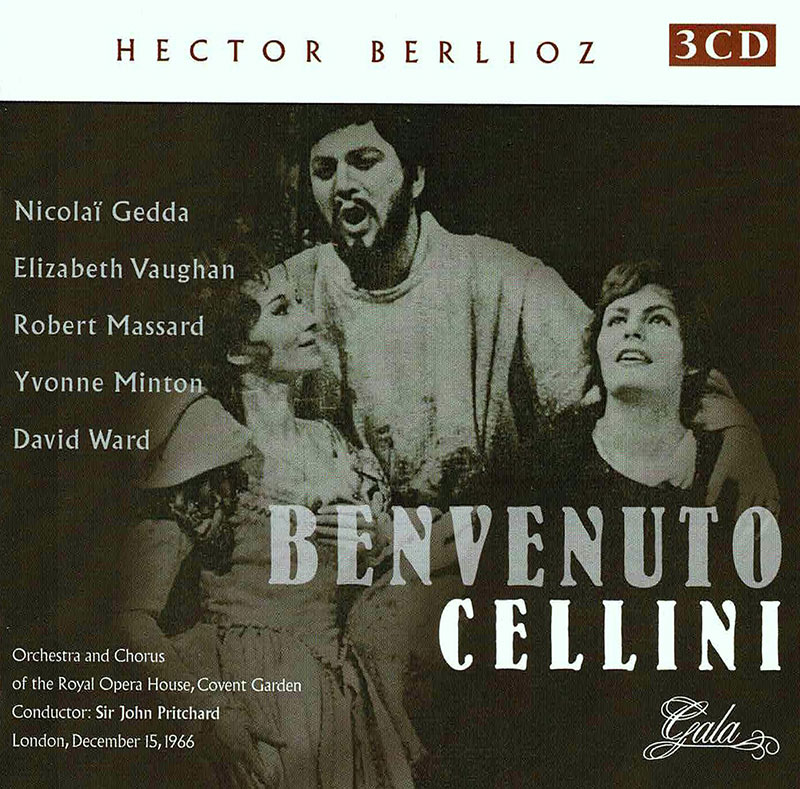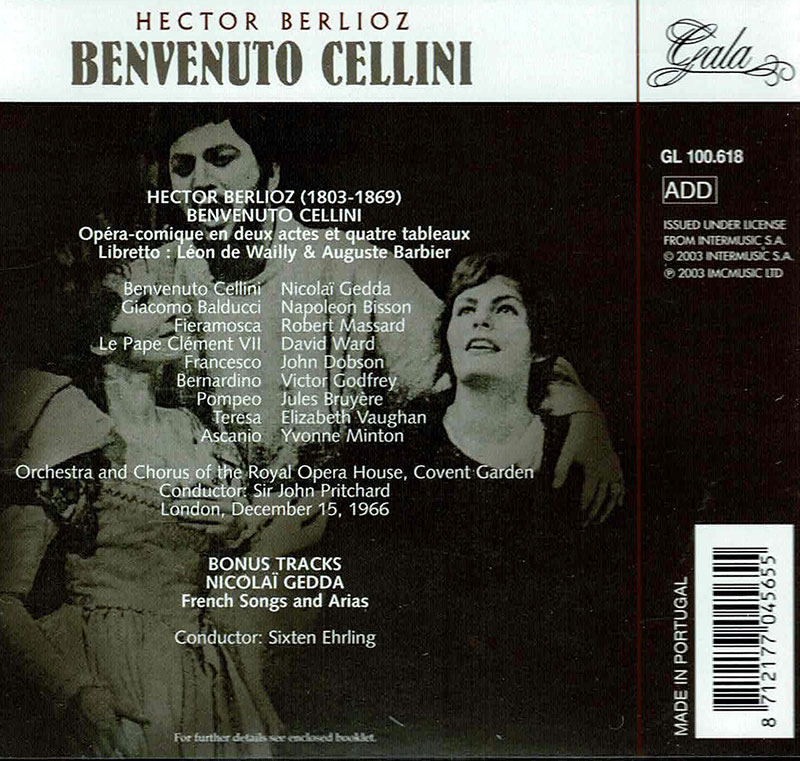Logowanie
OSTATNI taki wybór na świecie
Nancy Wilson, Peggy Lee, Bobby Darin, Julie London, Dinah Washington, Ella Fitzgerald, Lou Rawls
Diamond Voices of the Fifties - vol. 2
Tylko 1000 egzemplarzy!!!
DVORAK, BEETHOVEN, Boris Koutzen, Royal Classic Symphonica
Symfonie nr. 9 / Wellingtons Sieg Op.91
nowa seria: Nature and Music - nagranie w pełni analogowe
Petra Rosa, Eddie C.
Celebrating the art and spirit of music - vol. 3 - Pure
warm sophisticated voice...
Peggy Lee, Doris Day, Julie London, Dinah Shore, Dakota Station
Diamond Voices of the fifthies
Tylko 1000 egzemplarzy!!!
SAMPLER - STS DIGITAL, Buddy Tate, Milt Buckner, Walace Bishop
Jazz Masters - Legendary Jazz Recordings - v. 1
proszę pokazać mi drugą taką płytę na świecie!
Chesky! Niezmiennie perfekcyjny
Winylowy niezbędnik
ClearAudio
Double Matrix Professional - Sonic
najbardziej inteligentna i skuteczna pralka do płyt winylowych wszelkiego typu - całkowicie automatyczna
BERLIOZ, Nicoali Gedda, Elisabeth Vaughan, Robert Massard, Royal Opera House, Covent Garden, John Pritchard
Benvenuto Cellini

Review by: Robert Levine Artistic Quality: 9 Sound Quality: 4 To work backwards, taking the bonus material first, we are presented with the type of recital that tenors simply don’t give anymore (date and place is not provided–I assume it was the mid-’60s, with Sixten Ehrling as the conductor). Nicolai Gedda was a spectacularly classy singer, capable of many levels of dynamic shading, flawless diction, big, bright, secure top notes, impeccable taste, and an ability to get “into” a role–and all of these traits are in evidence in the 55 minutes of songs and arias. A pitch problem or two and a dodged low note in Les nuits d’été are soon forgotten, and the cycle is presented in all its moods and colors. “Absence” is sung about as hypnotically as humanly possible. Gedda’s messa di voce is like an object lesson in singing. A triumphal aria from Rameau’s Castor et Pollux (I think it originally was a chorus) blazes with perfectly placed high Cs, a characterful scene from Auber’s Fra Diavolo exhibits some fine falsetto, and all of the arias exhibit lovely introspective singing as well as heroics. And those qualities–heroism, tenderness, and a secure top register–are just what the difficult role of Cellini requires. Taped at Covent Garden in 1966, the version used is Berlioz’s first, in two acts, with spoken dialogue (and the Pope instead of a Cardinal). John Pritchard and his well-rehearsed chorus, orchestra, and cast get the work’s rhythmic tics more accurately than in any live performance I’ve encountered, and the recording, though thumpy, blaring, and overloaded in any passage above mezzo-forte, is tolerable enough so that details are not lost. As suggested, Gedda is just about ideal as Cellini (he’s better here than in the 1972 commercial recording), his big second-act aria almost stopping the show, as it should. Elizabeth Vaughan is the best Teresa I’ve ever heard–fluent, girlish, absolutely pitch perfect. Napoleon Bisson’s Balducci is properly annoying; the Fieramosca of Robert Massard is strongly sung and characterized; and Yvonne Minton almost steals the show as Ascanio. If you can tolerate the sound, this Cellini–and the recital–will give you hours of pleasure.





























